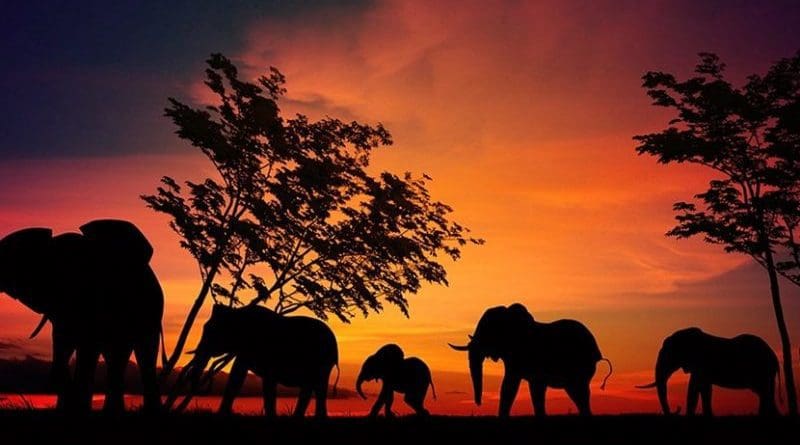Russia Trading Words With Africa – OpEd
Russia’s Foreign Affairs Minister, Sergey Lavrov, says trade between his country and Africa is on the path of growth as more African partners continue to show interest in having Russians in the economic sectors of Africa.
“Our African partners are interested in Russian business working more actively there”, he said. “This provides greater competition between the companies from Western countries, China, and Russia.
“With competition for developing mineral resources in Africa, it is easier and cheaper for our African colleagues to choose partners,” he told the staff and students at Moscow State Institute of International Affairs.
He made reference to the stronger partnership between the then Soviet Union and Africa, during the decolonization of Africa.
“As we regained our statehood and control over the country, and the economy and the social sphere began to develop, Russian businesses began to look at promising projects abroad, and we began to return to Africa.
“This process has been ongoing for the past 15 years,” Lavrov said about post-Soviet Russia’s relations with Africa.
“Overall, we are, of course, far from the absolute figures characterizing trade and investment cooperation between the African countries and, say, China.
“However, our trade grew by 17 per cent over the past year (which is a sizable number) to over US$20 billion and it continues to grow,” he added.
For example, the total United States (US) two-way trade in Africa has actually fallen in recent years, to about $60 billion, far eclipsed by the European Union (EU) with over $200 billion, and China more than $200 billion, as stated by the Brookings Institution in the “Africa in Focus post.
According to the African Development Bank, Africa’s economies are growing faster than those of any other regions.
Nearly half of Africa’s countries are now classified as middle-income countries – the number of Africans living below the poverty line fell to 39 per cent as compared to 51 percent in 2016, and around 350 million of Africa’s one billion people are now earning good incomes – rising consumerism – that makes trade profitable.
Charles Robertson, Global Chief Economist at Renaissance Capital, thinks that the major problem is incentives.
China has two major incentives to invest in Africa – buy resources and exports, which are suitable for Africa – whether it is textiles or iPads, goods made in China can be sold in Africa. Russia exports little except oil and has (roughly two-thirds of exports), steel and metals (which are either not cost effective to sell in Africa, or the same as Africa is selling) and military weapons.
Dr. Gideon Shoo, Media Business Consultant based in Kilimanjaro Region in Tanzania, has also explained in an interview discussion that Russian companies need to prove their superiority in the business spheres and African governments have to make it easier for Russian companies to set up and operate in their countries.
“Russian financial institutions can offer credit support that will allow them to localize their production in Africa’s industrial zones, especially southern and eastern African regions that show some stability and have good investment and business incentives,” he suggested.
Academic experts, who have researched Russia’s foreign policy in Africa, at the Russian Academy of Sciences’ Institute for African Studies, have reiterated that Russia’s exports to Africa can be possible through the introduction of tariff preferences for trade with African partners.
“The situation in Russian-African foreign trade will change for the better, if Russian industry undergoes rapid technological modernization, the state provides Russian businessmen systematic and meaningful support, and small and medium businesses receive wider access to foreign economic cooperation with Africa,” stated Professor Aleksey Vasiliyev, President of the Institute for African Studies and the first appointed Special Presidential Representative to Africa.

